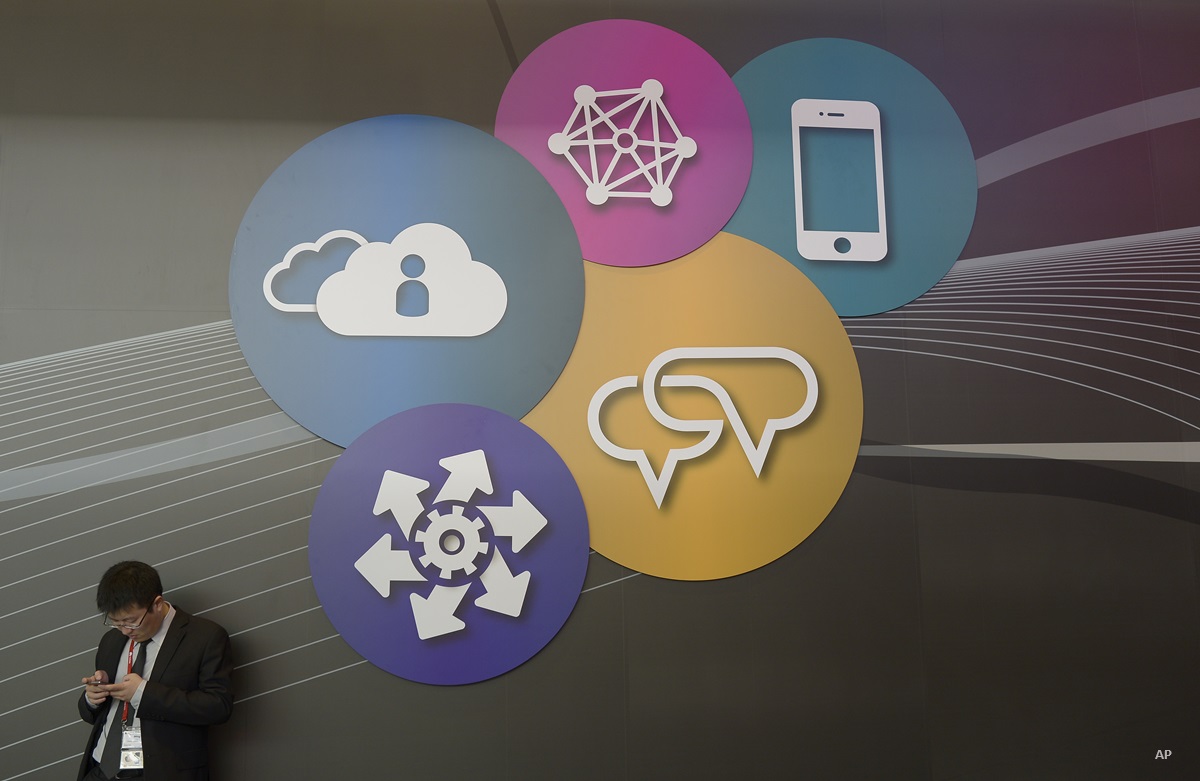Question: When is it "OK" to tap my emergency fund?
Answer: First off, good for you for having an emergency fund! For those unfamiliar with this concept, an emergency fund is enough cash to cover at least three to six months’ worth of expenses. (If you are the sole income earner in your family, you have high fixed living costs, or you work in a field that is highly specialized, you may want to keep nine to 12 months' worth of cash at the ready, as Christine Benz discusses here.)
It may not be necessary to include everything in your monthly budget when determining how much to set aside, but you should always include fixed costs like housing, utilities, and food; insurance and healthcare expenses; transportation; and minimum payments due on any outstanding debt (so you don’t rack up late payments).
Once you determine how much to set aside, make sure it’s sitting in some safe, liquid assets (preferably some that are yielding something; after all, interest rates have risen in the past few years).
But then what? Of course, the main reason you have this money set aside is in case you lose your job or are unable to work. But that’s not the only reason you might consider tapping this money. Life throws expensive curve balls every once in a while. Having a slug of cash on hand will keep you from having to use high-interest credit cards or to sell long-term investments, such as stocks and bonds, to take care of a problem that just can’t wait.
Think before you spend
Before you raid your emergency stash, ask yourself if the expense really constitutes an emergency. Specifically: Ask yourself how you would feel if you lost your job and didn’t have any income coming in after you had spent your emergency fund. Would you regret the expenditure and wish you had waited? If so, think before you spend.
Here are five more scenarios that may warrant spending emergency funds.
You (or a family member) needs emergency healthcare
Accidents and illnesses happen! Even if you have medical insurance, you may be surprised at how much you end up owing out of pocket after deductibles and copays are said and done. Unfortunately, medical bills are one of the major reasons people get into debt and file for bankruptcy.
But there are some things that are more elective in nature that deserve careful consideration. For instance, LASIK surgery is probably more of a nice-to-have than a reason to deplete your emergency fund. In a recent Reddit post on this topic, a commenter cautioned that using an emergency fund to fund optional purchases like LASIK could be a dangerous precedent, as you might feel inclined to do it again. I tend to agree.
Funerals
When someone who is very important to you dies, it can be expensive to drop everything and book a last-minute flight and hotel to attend their funeral. But if you can’t imagine not being there to honor your loved one’s memory, having an emergency fund can give you the ability to go and may save you from having to put a lot of expensive charges on your credit card.
Vet emergency
Although you can budget for your pets' anticipated needs like food, yearly vet checkups, and even neutering and spaying procedures, health issues also come up without warning. At some point, your pet will need a lab test, an X-ray, or even surgery. (Although some companies do offer health insurance for pets, it tends to be expensive and few people purchase it.)
Car repair
When pricey car repairs come up, ask yourself how much you rely on your car and if you truly need to make the repair right now. If you live in an area with decent public transportation and school buses, you might not need to fix your car immediately. For others, having a working automobile is absolutely necessary.
Major appliance repair
This is another category that requires some judgment on your part. If your refrigerator is broken, you need to fix that immediately. Ditto for your heat in the winter. But depending on your lifestyle or where you live, not all major appliance repair constitutes an emergency. For instance, if your dishwasher breaks, you may be able to get by washing dishes by hand for a few weeks. Air conditioning may be a must-have for some, but a nice-to-have for others.




















